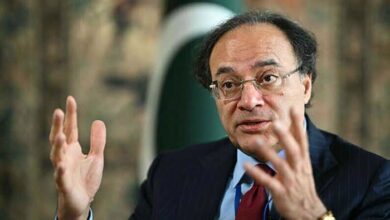National Assembly’s Standing Committee on Finance has approved the government’s decision to impose an additional Rs36 billion in new taxes under the proposed finance bill.
The decision came after extensive discussions with the government’s economic team, despite opposition from some committee members.
The economic team explained that the new taxes are intended to cover the fiscal gap created by an 8% reduction in the proposed tax on solar panels and a 4% higher-than-planned increase in salaries.
According to the Federal Board of Revenue (FBR) Chairman, six alternative taxation proposals were sent to the International Monetary Fund (IMF), of which three were accepted.
- A Federal Excise Duty (FED) of Rs10 per chick in the hatchery industry.
- Increasing the income tax on Treasury Bill investments from 15% to 20%.
- Raising the tax on mutual fund investments from 25% to 29%.
The committee also recommended not imposing a levy tax on hybrid vehicles under the electric vehicle (EV) policy.
However, the minister of state for finance said that reversing the tax on hybrids would not be possible due to IMF conditions. Committee members suggested increasing taxes on luxury vehicles instead. However, the economic team maintained that the terms with the IMF have already been finalized, though the suggestion would still be reviewed.
During the session, committee member Omer Ayub expressed concerns over the potential impact of the Iran-Israel conflict, especially following US strikes on Iranian nuclear facilities, on Pakistan’s petroleum supplies and the national budget.
The state minister assured that petroleum reserves are currently adequate, as confirmed by OGRA, and that the situation is being closely monitored.
Acting Committee Chairman Javed Hanif emphasized that global events are beyond anyone’s control and that the government would make decisions based on the evolving situation. The meeting also witnessed a heated exchange between Omer Ayub, Javed Hanif, and Bilal Azhar Kayani over budgetary figures.







